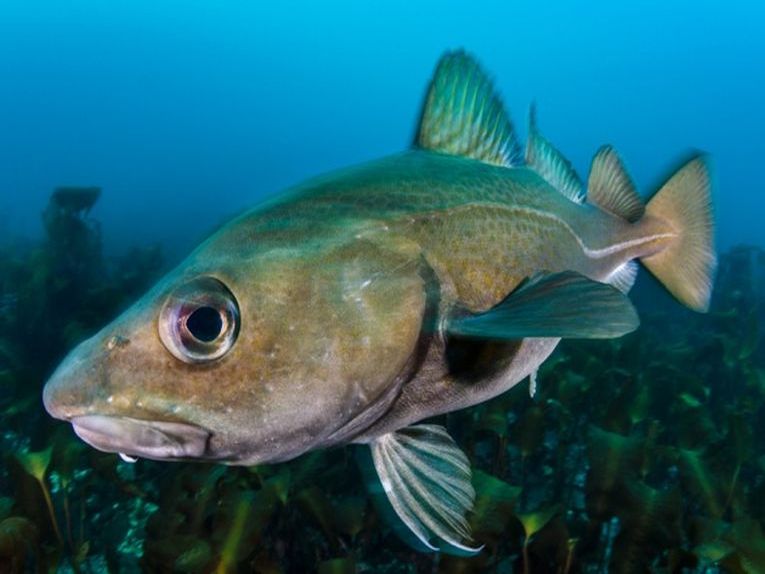The journal Nature reports that at 0300 hours in Brussels on 30 May, the EU performed a U-turn on fishing quotas. With so much media attention on the poor fishermen, the research arguments to restrict overfishing were originally ignored. Now the futility of going on regardless has been recognised.
The evidence points to the need for some relief for the fish populations in the North Sea, the Atlantic and of course the smaller Mediterranean. There is far more at stake than the threatened cod. If Europe, and the many nations that also fish in the Atlantic and the Med, can fish at maximum sustainable yield, that means stocks should be left to recover in the form of a stable population that can enlarge (or become smaller) dependant on their food supply and not the decimation by fishermen.
Many member states will not willingly set their limits according to this pan-European decision. The result for them could mean closure of fishing for several years to allow the stock to recover.
The cod already requires that action, it seems, according to all the research available One researcher, Massimiliano Cardinale, a fisheries expert at the Swedish University of Agricultural Sciences in Lysekil, says that, "Although some stocks are recovering, the big challenge will be recovering the over-exploited and commercially important top predators such as cod and tuna. Bringing them back would reshape entire ecosystems." Then he thinks, "the ecosystem might look more like it should do!"
The only downside to the big U-turn is that it will be at least 2015 before the new regulations come into being. By 2020, the present hopeful situation with herring, plaice and haddock could begin affecting other over-fished stocks. Saskia Richartz has other ideas though. As fisheries policy director for Brussels-based Greenpeace EU, Richartz worries that EU ministers will have the final say in setting catch limits and may not stick to the science. "It now says in the text very clearly [ministers] must stick to scientific advice," says Richartz. But "it remains hope rather than certainty!"










